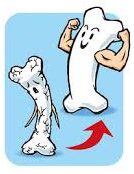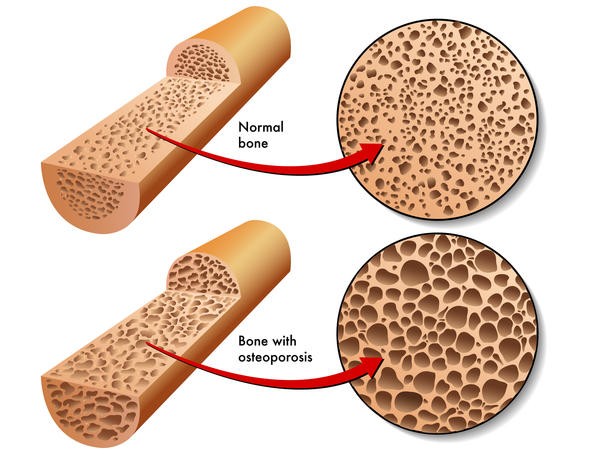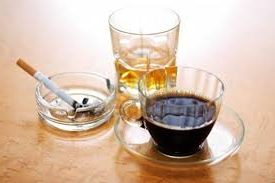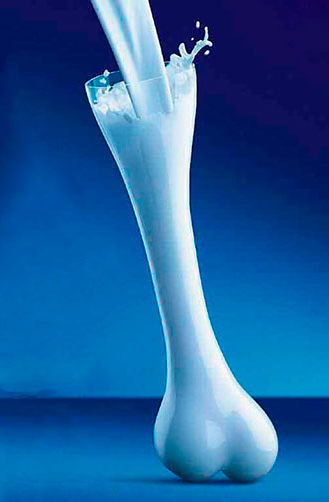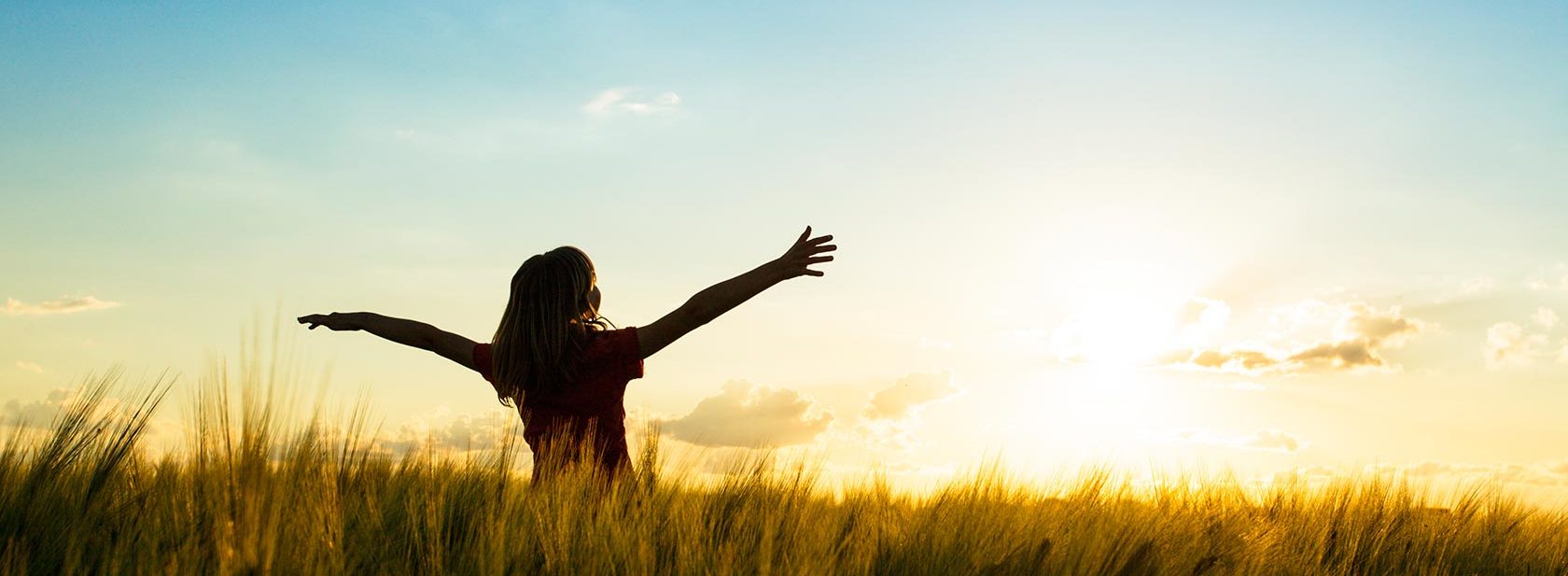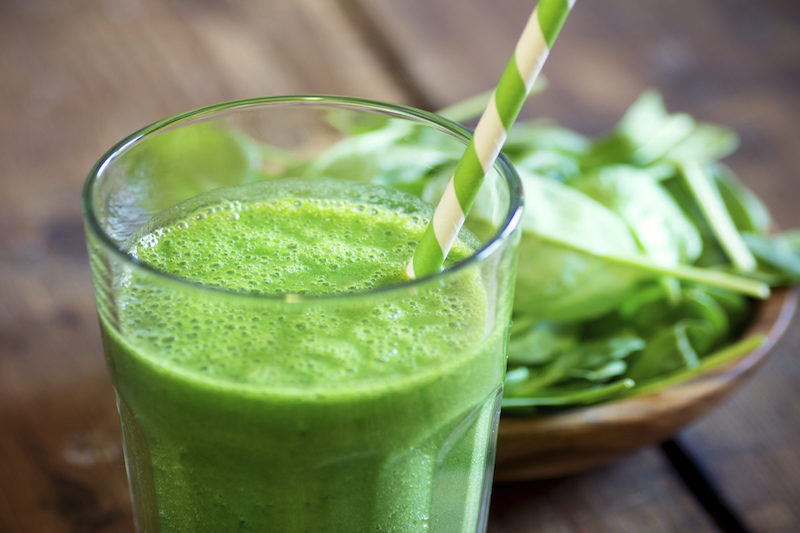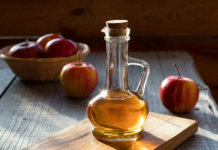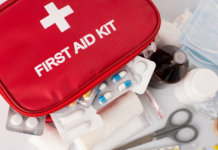Your bones are the skeleton of your body.
Yep, I said it!
I’m pretty sure you’re having one of these “Dah!” moments right now.
But we have a tendency to take our bones for granted.
Like, you might take a much better care of your skin or hair than your bones…
I know I do!
Well, that needs to change!
Because your bones are not only these annoying things that make you heavier on the scale… They also provide structure for your body, protect your organs and anchor your muscles.
And, because your bones continuously change—they grow, replace their old cells with new cells, change density, break and heal…—they age.
But it doesn’t have to become an issue.
Bone health is all about prevention. It’s never too early or too late to start…
So, yes. You reached your maximum bone density in your early thirties. While it’s important to build strong and healthy bones during childhood and adolescence, you can take steps during adulthood to protect bone health, too.
Why Do You Have Weaker Bones?
You have probably heard of osteoporosis—a condition that causes bones to become weak and brittle. This condition of fragile bones leads to an increased susceptibility to fracture.
It is usually associated with aging and sex. Women over 50 and men over 70 are more likely to suffer from osteoporosis than young adults.
Yet, there are many more health problems that could lead to osteoporosis:
- Rheumatoid Arthritis (RA)
- Digestive and Gastrointestinal Disorders
- Breast & Prostate Cancer
- Endocrine/Hormonal Disorders
- Poor Diet
- Low Estrogen levels in women (which may occur in menopause or with early surgical removal of both ovaries)
- Low Testosterone levels in men
- Chronic inflammation
- Vitamin D deficiency
- And more…
Some medicines can also be harmful to your bones, even if you need to take them for another condition. While steroid medicines, antacids, contraception and antidepressant can be perfect—and sometimes lifesaving—treatments for some conditions, they can cause bone loss and osteoporosis.
Menopause, too, can make your bones weaker. Because estrogen is important in maintaining bone density in women. During the first five to 10 years after menopause, women can suffer up to 2%-4% loss of bone density per year! And it can happen even in women who otherwise have normal health.
What Can You Do To Have Healthier Bones?
1) Moderate The “Not-So-Good” Stuff…

- Cigarettes
No surprise here, but smoking cigarettes is one of the worst things you can do for your health and your bones.
Several studies have shown that smokers have lower bone mass and a higher risk of fractures than nonsmokers. And, according to the National Institutes of Health, the risk increases with the number of years and cigarettes you smoke! Compared with nonsmokers, women who smoke often produce less estrogen and tend to experience menopause earlier. And we already know what it means…
I’m not telling you to quit smoking, because I know how difficult and overwhelming it can be. But you might wanna think about slowing down… Promise, once the craving is gone, you’ll feel much better!
- Alcohol & Caffeine.
Data on the effect of regular consumption of alcohol and caffeine on osteoporosis is not as clear as with cigarettes. In fact, research regarding alcohol and caffeine as risk factors for osteoporosis is widely controversial. Certainly, their effects are not as great as other factors. Nevertheless, moderation of both alcohol and caffeine is prudent.
Caffeine does have some health benefits, but unfortunately those benefits aren’t for our bones. Too much of it can interfere with your body’s ability to absorb calcium. One study showed that drinking more than two cups of coffee per day accelerated bone loss in subjects who also didn’t consume enough calcium.
And now, for the good news… While heavy alcohol consumption can cause bone loss (because it interferes with vitamin D doing its job), moderate consumption (that’s one drink per day for women, two per day for men) is fine! Recent studies actually show it may help slow bone loss.
2) Exercise Regularly But Not Too Hard….
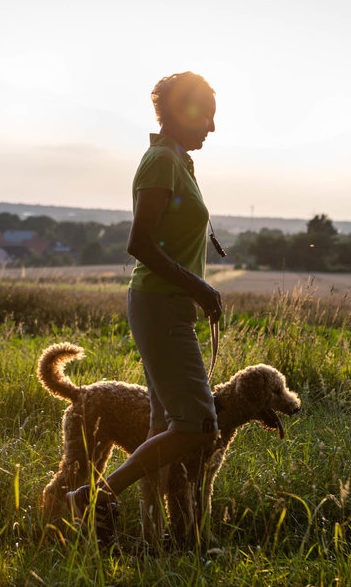
And there’s a reason why. Exercise is good for you, yes. But like for coffee or alcohol, it is good for you in moderation! Don’t go running a marathon, or sign up for a triathlon just yet. Such strenuous exercise might actually hurt you. Prefer some light weight-bearing exercises, walking, jogging, tennis and climbing stairs… No more than 30 minutes a day! These activities can help you build strong bones and strong muscles. They will also help you slow your bone loss. And they will you kick your endorphins, which will make you feel happy. That’s what I call a win-win situation!
3) Consume Calcium From Milk Products… But Not Only!
Calcium is the most abundant mineral in your body. It serves several important functions. Two percent of our total body weight is made of calcium, and more than 99% of total body calcium is stored in your bones and teeth, where it supports their structure.
That’s why the recommended daily intake of Calcium is 1,000 mg/day for most adults. Yet, it should not exceed 2,000 mg.
The myth is that you can only get calcium from milk and its variation. It is indeed a myth!
Excluding dairy products, the average American diet contains approximately 250 mg of calcium, so it’s important for you to find other calcium sources than dairy.
Good news for all vegans and lactose-intolerant: you can find calcium in lots of different foods! Alternative sources of calcium include:
- Kale: 188 mg(19% DV) in 2 cups raw (chopped)
- Sesame Seeds: 88 mg(9% DV) in 1 tablespoon
- Seaweed: 126 mg (13% DV) in about 1 cup raw
- Orange Juice: 500 mg (50% DV) in 1 cup
- Soymilk: 300 mg (30% DV) in 1 cup
- Firm Tofu: 861 mg (86% DV) in ½ cup
4) Enjoy A Little Bit Of Sun And The Vitamin D Production That Follows…
Your body needs vitamin D to absorb calcium. Therefore, an adequate intake of calcium and vitamin D are important foundations for maintaining your bone density and strength.
You can either produce your vitamin D or consume it, or both.
Exposing your skin to direct sunlight for 15-20 minutes every other day will boost your Vitamin D Production. Don’t forget to use a good sunscreen protection. You want the sun’s good stuff only!
Boost your Vitamin D Consumption by munching on shrimp, fortified foods like cereal and orange juice, eggs (in the yolks), and …
5) Eat Fish!
Fish is full of vitamins and nutrients and will do much more for you than just making you a better swimmer 😉
They might not look too appealing but they have surprisingly high levels of both vitamin D and calcium.
- Salmon is known for having plenty of heart-healthy omega-3 fatty acids.
Did you know that a 3-ounce piece of sockeye salmon contains more than 100% of your recommended daily vitamin D?
- Tuna is another fatty fish.
It is also a good source of vitamin D. Three ounces of canned tuna contains almost 40% of your daily dose of the sunshine vitamin.
6) Get Green…
Don’t eat dairy or animal products? No problem. Spinach will become your new favorite way to get calcium. One cup of cooked spinach contains almost 25% of your daily calcium, plus fiber, iron, and vitamin A.
Like spinach, collard greens are full of calcium. One cup of cooked collards contains more than 25% of your daily calcium.
7) Find The Right Supplements.
If, for a reason or another, you can’t get enough calcium or vitamin D to protect your bones, don’t worry, you’re not alone. Only 19% adults found the secret to get them in their foods only. For the others, like you and me, there’s a wide selection of supplements available on the market. You can easily access a wide variety and find what you need: supplements specific to women (Estrovive), men (Prostaleaf), probiotics (Actbiotics), developed to support your digestive system (Active Restore) or many others… Ask your doctor about them and look for all-natural and organic only. Once you start getting health conscious, better do it for real…
You deserve healthy bones.

